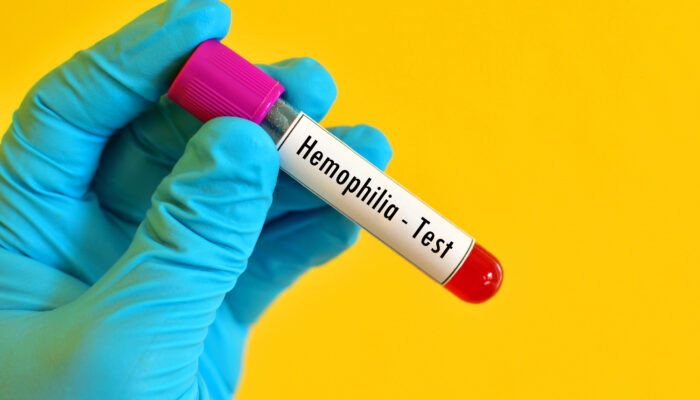
Chronic kidney disease – Diagnosis and treatment options
Chronic kidney disease is the gradual failure of kidney functions over a period of time. In the early stages, there are no symptoms, but as time passes a lot of abnormalities arise. Vomiting, loss of appetite, weakness, problems while urinating, muscle cramps, and sleep issues are some common signs of kidney disease.
The treatment for chronic kidney disease focuses on slowing down the progression of the damage to the kidneys, usually by controlling the underlying cause. Chronic kidney disease may progress to end-stage kidney failure that can be fatal without dialysis (artificial filtering) or a kidney transplant.
Diagnosis
One of the first things that a doctor is going to do is ask the patient about their personal and family history as the first step toward the diagnosis of kidney disease .
Urine tests – After the doctor has noted the medical history, urine tests may be suggested. By analyzing the urine sample of the patient, the different abnormalities found can help to identify the cause of chronic kidney disease and chronic kidney failure.
Kidney biopsy – The doctor may also remove a small piece of the kidney tissue for kidney biopsy. It is generally done with the help of local anesthesia. Then the biopsy sample is sent to the lab in order to determine what is causing the kidney problem.
Imaging tests – The doctor may assess the patient’s kidney structure and size using ultrasound. Various other imaging techniques can also be used.
Blood tests – By testing the patient’s blood, the doctor will be able to look out for the levels of waste products like urea and creatinine in the blood.
Treatment
Kidney transplant – This treatment option is the last, the most expensive, and one of the toughest treatment options. On the basis of the cause, only some of the kidney diseases can be treated with a transplant. Otherwise, in general, chronic kidney disease doesn’t really have any cure. If the condition gets too worse, then the doctor finds a potential donor and performs a kidney transplant.
Treating the complications – There are a lot of complications that could arise because of chronic kidney disease, and it is necessary to take care of them properly. The treatment may include:
- Medications to lower the cholesterol levels – Statins may be recommended to lower the patient’s cholesterol level if high. In general, most patients with chronic kidney disease experience high cholesterol levels, and this can increase the risk of heart diseases in patients.
- Medications to treat anemia – In some cases, the doctor may recommend erythropoietin supplements. As these supplements will help in producing more blood cells, which can prevent or help reduce the symptoms caused by anemia.
- Medications to relieve swelling – There are chances that the patients who have been diagnosed with chronic kidney disease retain their fluids. This can result in swelling in the legs and also increase their blood pressure. Medications like diuretics are given to help maintain the balance of the fluids in the body.
Chronic kidney disease is hard to treat as there is no definite cure other than a kidney transplant. It is always better to prevent it than to treat it after it has happened.



